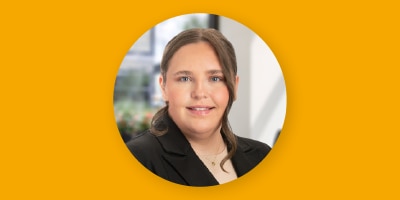Let's talk about it.
Money Talk: Where personal finance gets personal.
Schwab Moneywise® presents Money Talk
Let's talk about it. Managing your money can be complicated. That's why we're here to help. No matter how much or how little you know about money, our team of certified financial experts offers guidance to help you move your financial life forward. From building a budget and paying off debt to saving and investing for your dreams and goals—we've got the knowledge to help you make money moves that are right for you.
Personal finance from A to Z
Gain confidence and control over your money as we explore a wide range of personal finance topics.
Let's talk about it
Join us on a money journey. Read the bi-weekly Money Talk column on Schwab Moneywise®.






